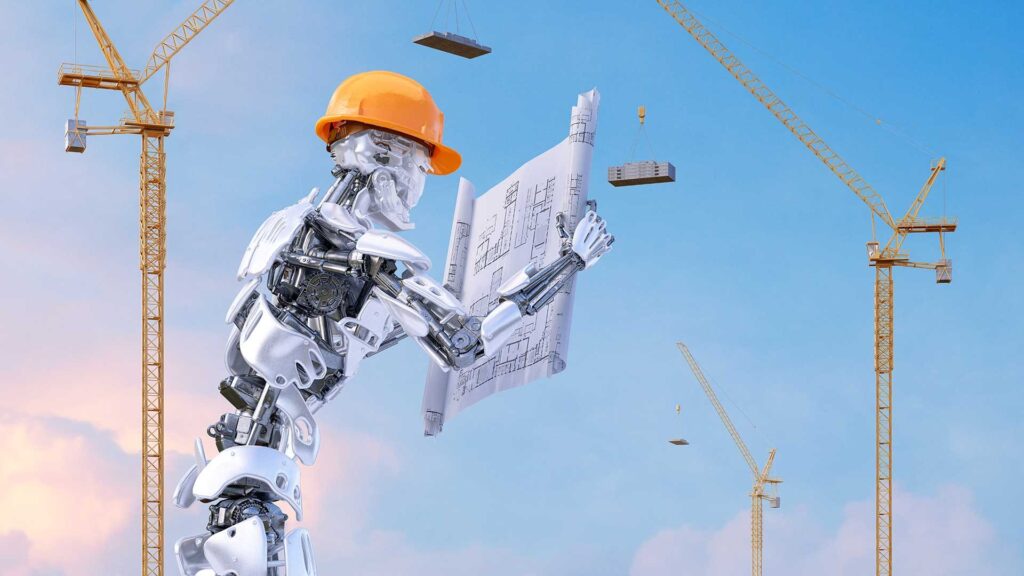
Artificial intelligence (AI) is revolutionizing the civil engineering industry by enhancing efficiency, reducing costs, and enabling innovative approaches to complex problems. From project design to construction and maintenance, AI tools are transforming the way civil engineers plan, execute, and optimize infrastructure projects.
Benefits of AI in Civil Engineering
1. Enhanced Design Efficiency
AI streamlines the design process through generative design algorithms and machine learning models. Engineers can input specific project parameters, such as load requirements, environmental conditions, and material constraints, and AI systems generate multiple design options. This not only speeds up the design phase but also ensures optimized solutions that maximize safety and performance.
2. Improved Decision-Making
AI-powered analytics provide data-driven insights that help engineers make informed decisions. For instance, predictive modeling uses historical data to forecast potential project risks, such as delays or cost overruns, allowing proactive mitigation strategies.
3. Cost Reduction
By automating routine tasks, such as quantity takeoffs and scheduling, AI reduces the time and labor required for project planning. Additionally, AI can optimize material usage and logistics, minimizing waste and lowering overall costs.
4. Safety Enhancements
AI improves workplace safety by predicting hazards and monitoring real-time site conditions. For example, AI-enabled drones and cameras can identify unsafe practices or structural vulnerabilities, ensuring timely interventions to prevent accidents.
5. Sustainable Practices
AI supports green initiatives by optimizing resource usage and minimizing environmental impact. It can identify energy-efficient materials and simulate the environmental effects of various design choices, enabling more sustainable construction practices.
Potential Uses of AI in Civil Engineering
1. Smart Infrastructure
AI plays a pivotal role in the development of smart cities and infrastructure. Sensors embedded in bridges, roads, and buildings can collect data on structural health and usage patterns. AI analyzes this data to predict maintenance needs and extend the lifespan of critical infrastructure.
2. Construction Automation
Robotic systems powered by AI are automating construction tasks, from bricklaying to 3D printing of building components. These technologies accelerate construction timelines, reduce human error, and enhance precision.
3. Traffic Management
AI models help design and manage traffic systems by analyzing patterns and predicting congestion. These systems inform infrastructure improvements, optimize traffic flow, and support autonomous vehicle integration.
4. Disaster Management
AI aids in disaster preparedness and response by modeling natural disaster scenarios and assessing the resilience of infrastructure. Post-disaster, AI-driven drones can survey affected areas, providing critical data for relief planning and reconstruction.
5. Geotechnical Applications
AI algorithms analyze soil and rock data to predict stability and optimize foundation designs. This reduces uncertainties in geotechnical engineering and ensures safer construction practices.
The Future of AI in Civil Engineering
As AI continues to evolve, its integration into civil engineering will only deepen. The potential for real-time collaboration between AI systems, engineers, and construction teams promises to redefine industry standards. By embracing AI, civil engineers can deliver safer, more efficient, and environmentally friendly projects, meeting the growing demands of a rapidly urbanizing world.
In conclusion, artificial intelligence is no longer a futuristic concept but a powerful tool reshaping civil engineering. Its ability to enhance design, optimize construction, and ensure sustainability makes it indispensable for addressing the challenges of modern infrastructure development.










